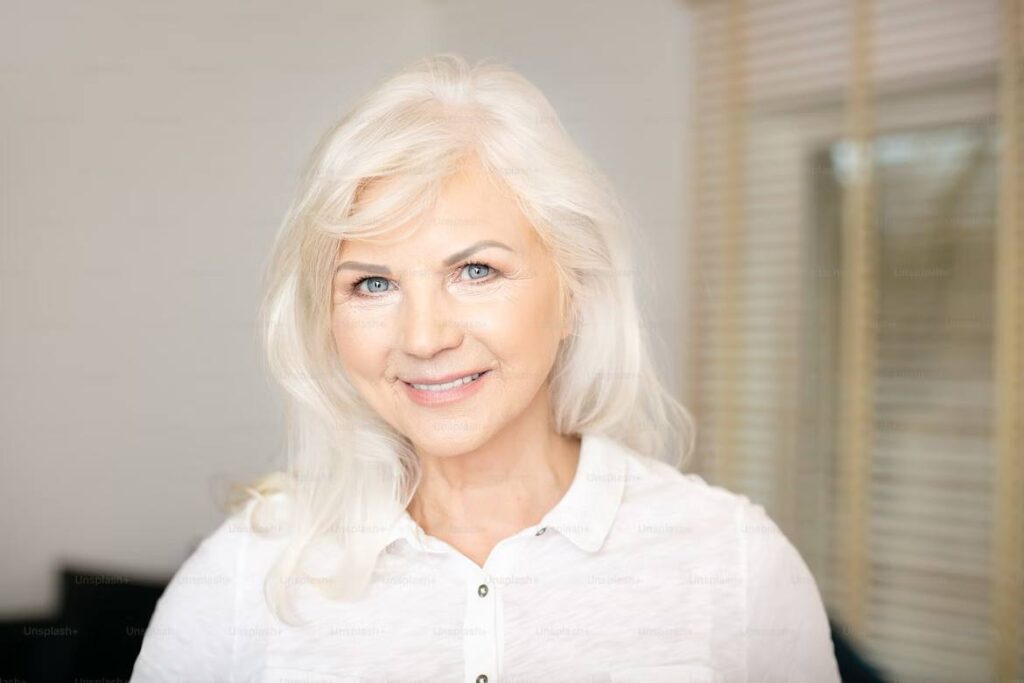
In our quest for longevity and vibrant health, we often adopt various habits that we believe will support our well-being. However, some practices that are widely considered “healthy” may, in fact, contribute to the aging process more than we realize. Understanding these habits can empower us to make better lifestyle choices and promote healthier aging.
1. Excessive Caloric Restriction
Caloric restriction is often touted as a way to lose weight and improve lifespan. While moderation can indeed lead to health benefits, excessive caloric restriction can trigger a host of negative effects. When you drastically cut calories, your body may respond by slowing down metabolism, leading to weight regain and nutrient deficiencies. This can weaken the immune system and result in fatigue, which may accelerate the aging process.
Balanced Approach: Instead of extreme dieting, focus on incorporating a variety of nutrient-dense foods into your meals. Aim for a balanced diet that includes plenty of fruits, vegetables, whole grains, lean proteins, and healthy fats.
2. Overtraining and Excessive Exercise
Physical activity is essential for maintaining health, but too much exercise can be detrimental. Overtraining can lead to chronic inflammation, hormonal imbalances, and increased oxidative stress—factors that contribute to premature aging. Symptoms of overtraining include fatigue, insomnia, and mood swings, all of which can negatively impact your overall well-being.
Moderation is Key: Create a balanced fitness routine that includes a mix of cardiovascular exercise, strength training, and flexibility work. Ensure you allow for rest and recovery days to support your body’s healing processes.
3. Avoiding Healthy Fats
For years, dietary fats were demonized, leading many to avoid all forms of fat. However, healthy fats are crucial for overall health, particularly for brain function and hormone regulation. A diet too low in healthy fats can lead to dry skin, cognitive decline, and hormonal imbalances.
Embrace Healthy Fats: Incorporate sources of omega-3 fatty acids (such as salmon, walnuts, and flaxseeds) and monounsaturated fats (found in avocados and olive oil) into your meals. These fats can support skin elasticity and brain health, contributing to a more youthful appearance.
4. Over-Reliance on Supplements
While supplements can play a role in filling nutritional gaps, an over-reliance on them can lead to imbalances and even adverse effects. Many people mistakenly think that popping pills can replace a healthy diet, potentially missing out on the myriad benefits of whole foods. Some supplements can also interact with medications or each other, creating unintended health issues.
Prioritize Whole Foods: Focus on obtaining nutrients from a diverse range of whole foods. Fruits, vegetables, whole grains, and lean proteins provide essential vitamins, minerals, and antioxidants that support overall health and combat oxidative stress.
5. Neglecting Mental Health
In the pursuit of physical health, mental well-being is sometimes overlooked. Chronic stress, anxiety, and depression can accelerate the aging process by increasing inflammation and negatively impacting hormone levels. The mind and body are interconnected, and neglecting one can adversely affect the other.
Incorporate Mindfulness: Practices such as meditation, yoga, and deep-breathing exercises can help reduce stress and improve mental clarity. Make time for activities that bring you joy and promote relaxation, whether it’s reading, spending time in nature, or connecting with loved ones.
6. Skipping Sun Protection
While sun exposure is essential for vitamin D production, excessive exposure without protection can lead to premature aging of the skin, including wrinkles, sunspots, and an increased risk of skin cancer. Many people still underestimate the importance of daily sun protection.
Daily Sunscreen Routine: Make applying sunscreen a non-negotiable part of your daily routine, even on cloudy days or when indoors. Choose a broad-spectrum sunscreen with an SPF of at least 30 and reapply every two hours when outdoors.
Conclusion
In our journey toward health and wellness, it’s vital to recognize that not all “healthy” habits are beneficial for aging. By understanding the potential pitfalls of certain practices—like excessive caloric restriction, overtraining, and neglecting mental health—we can make informed choices that truly support our well-being.
Prioritizing balance, mindfulness, and holistic approaches can help us age gracefully and maintain our vitality for years to come. Embrace these insights as you cultivate a lifestyle that nurtures both your body and mind, ensuring a healthier, more vibrant future.